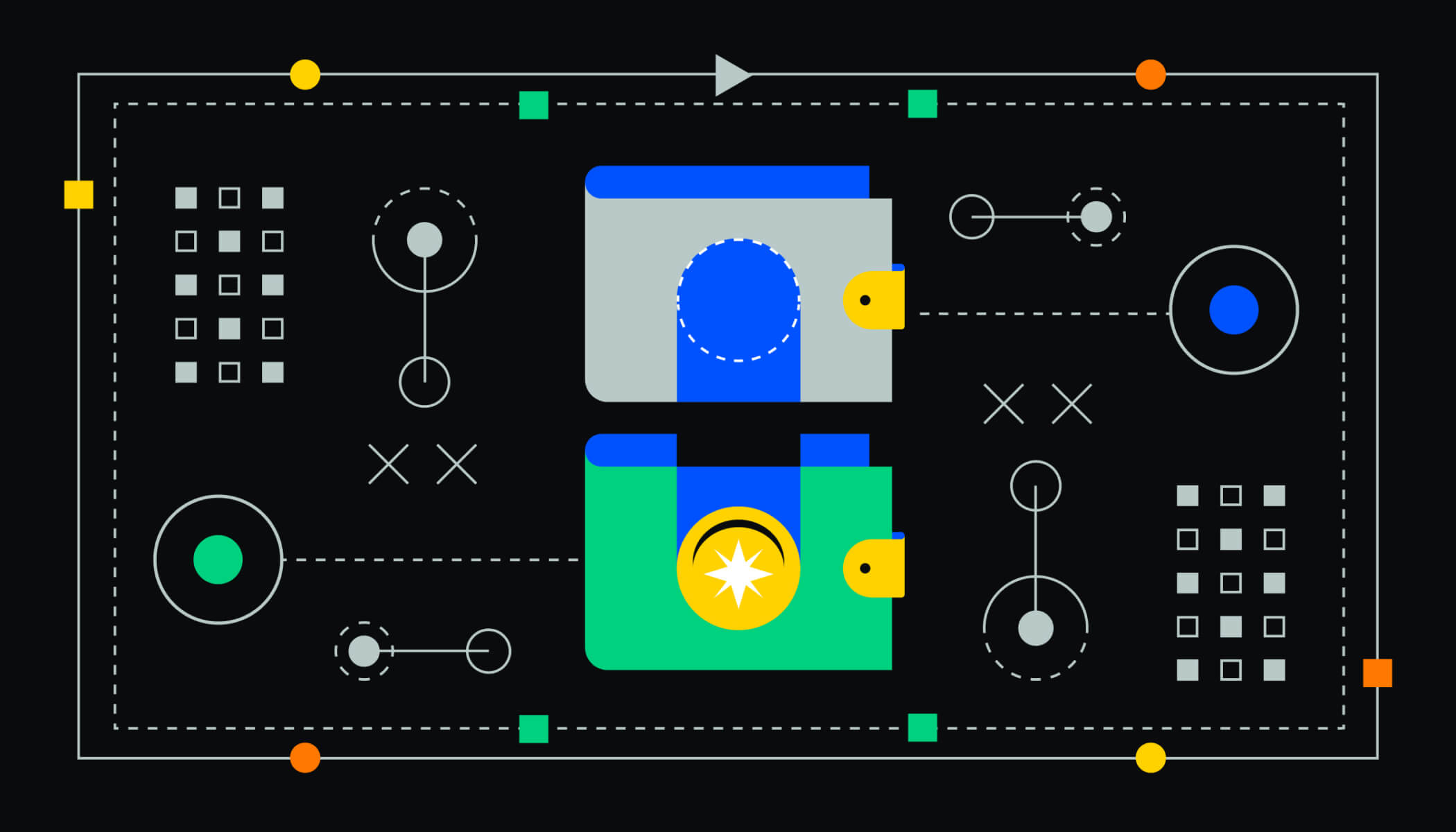Crypto gaming faces unique challenges when blockchain networks become congested during peak usage. The technical infrastructure supporting these games must adapt quickly to maintain smooth gameplay despite transaction backlogs. Game developers implement various strategies to overcome these obstacles while keeping the gaming experience seamless. The gaming community benefits from specialized solutions designed specifically for high-traffic periods. Games for instance https://crypto.games/dice/bitcoin utilizes advanced techniques to mitigate congestion effects that might otherwise disrupt player activities. These innovations allow for consistent gaming sessions regardless of overall network status.
State channels for real-time play
State channels create direct connections between players and game systems that minimize blockchain interactions during active gameplay. This technology establishes secure pathways that only settle final results to the main blockchain when gaming sessions conclude. The interim transactions happen instantly within the channel itself.
- State channels reduce main-chain transactions by up to 95% during extended gaming sessions
- Player deposits lock into smart contracts that verify game integrity throughout the play
- Only final results require full blockchain confirmation after session completion
- Dispute resolution mechanisms protect players in case of technical disagreements
- Multiple games can run simultaneously within separate state channels
This approach preserves blockchain security guarantees while delivering response times comparable to traditional gaming platforms. The improved player experience becomes particularly valuable during network congestion events.
Transaction batching techniques
Intelligent transaction grouping helps crypto games maintain performance during congestion peaks. Game developers implement sophisticated batching systems combining multiple player actions into blockchain transactions. This consolidation dramatically reduces the number of separate transactions competing for network space. Efficient batching systems group dozens or hundreds of player actions together while maintaining accurate record-keeping for each activity. The compression ratio often exceeds 50-1 for everyday gameplay actions, significantly reducing network burden. Players benefit from lower fees and faster confirmations even when the leading network faces heavy traffic.
Dynamic fee management
Crypto games implement adaptive fee strategies that respond to changing network conditions in real-time. These systems monitor congestion levels and adjust transaction priorities to maintain optimal performance without excessive costs.
- Automated fee adjustment algorithms track network conditions continuously
- Priority tiers ensure critical game functions receive faster processing
- Optional speed boosts give players control over transaction urgency
- Fee subsidies during peak congestion periods protect player economics
- Transaction bundling reduces per-action costs through efficiency
These technical approaches maintain game economy balance while navigating the challenges of variable network conditions. Players retain control over their priorities without facing unpredictable cost spikes during congestion events.
Off-chain computation systems
Modern crypto games separate complex calculations from blockchain transactions to minimize network dependency. These systems dramatically reduce their susceptibility to network congestion by processing game logic off-chain and only recording essential outcomes on-chain. This architectural approach treats block chains as verification layers rather than computation platforms. Game servers handle the intensive calculations needed for sophisticated gameplay while using the blockchain selectively for critical record-keeping.
The division of responsibilities creates resilience against network congestion while preserving the benefits of blockchain technology for asset ownership and transparency. Crypto gaming continues to find innovative ways to deliver consistent experiences despite the inherent challenges of blockchain networks. These technical solutions work together to shield players from the complexities of network congestion while maintaining the benefits of decentralized gaming assets and provable fairness.




